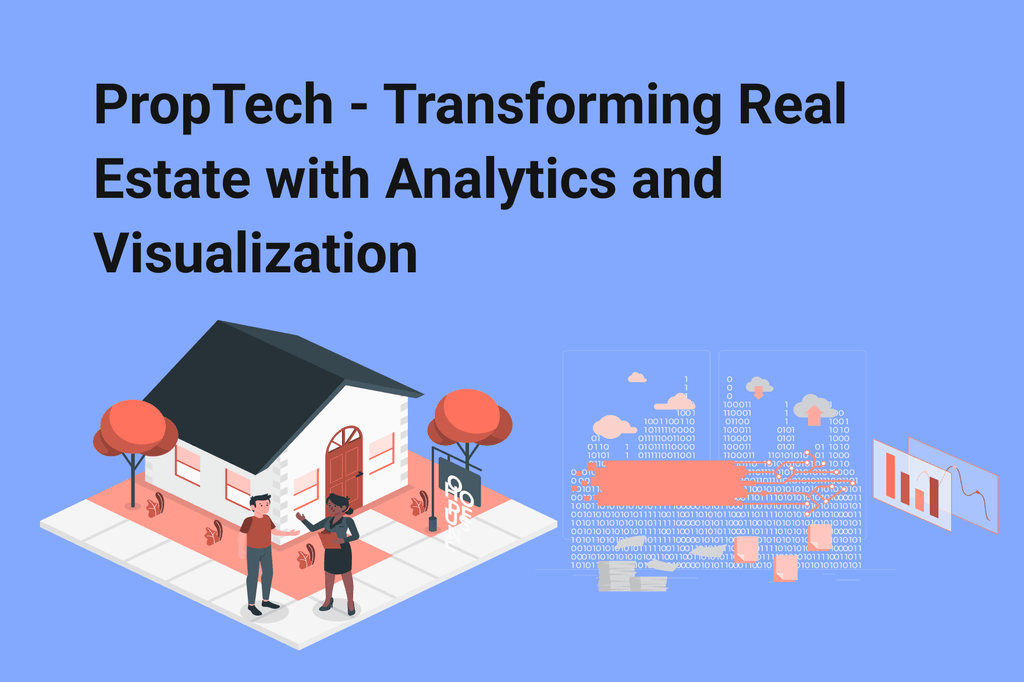
Don’t know where to start?
We will advise you on the best way to realize your idea, leveraging our expertise
FAQ
What are the key benefits of adopting cloud-based solutions in brokerage software development?
Cloud-based solutions offer several advantages for brokerage software development, including: Scalability: Cloud environments allow easy scalability, enabling businesses to expand and enhance their operations without significant costs or downtime. Cost Efficiency: Cloud hosting follows a pay-as-you-go model, eliminating unexpected hidden costs and improving Return on Investment (ROI). Accessibility: Cloud platforms provide high availability, allowing real estate agents to access data and tools from anywhere, boosting productivity.
How can AI and Machine Learning benefit the real estate industry in brokerage software development?
AI and Machine Learning provide several advantages for the real estate industry, including: Data Analysis: AI/ML can analyze vast amounts of real estate data quickly and accurately, helping developers extract valuable insights from historical sales data, market trends, and property characteristics. Hyper-personalization: Autonomous algorithms analyze user data to offer personalized property recommendations based on past behaviors and preferences. Predictive Analytics: AI/ML can forecast market trends and property values, aiding in anticipating market shifts and making informed investment decisions.
What are the benefits of integrating a Customer Relationship Management (CRM) system in brokerage software development?
Integrating a CRM system in brokerage software offers several benefits: Enhanced User Value: CRM integration consolidates client data, transaction history, and communication channels, providing a comprehensive view of client interactions and improving user value. Improved Client Retention: CRM enables individualized client interactions, including tracking, notifications, and follow-up reminders, enhancing client retention. Data Insights: Data gathered by CRM can be leveraged for personalized recommendations, feeding into AI/ML algorithms for better decision-making. These FAQs provide insights into key trends and technologies in brokerage software development, including the benefits of cloud solutions, AI/ML integration, and CRM adoption.
Table of contents:
Want to estimate your app idea?




